Resource
GIJN Africa: Access to Public Records
Resources that are available for journalists in Sub-Saharan Africa who seek public information in countries with laws governing access to information.
Resources that are available for journalists in Sub-Saharan Africa who seek public information in countries with laws governing access to information.

Media managers, editors, and publishers understandably may be feeling powerless at the threat posed to media businesses globally by the coronavirus. Harlan Mandel, chief executive officer at the Media Development Investment Fund, recommends steps news executives can take to limit the losses they are facing and to give direction to their business decisions.
The pressing need for good reporting during the pandemic has encouraged several funders to offer grants to journalists. GIJN has rounded up opportunities for journalists and news organizations around the world in our new Resource Center guide, Media Funding on the COVID-19 Pandemic.

GIJN is pleased to introduce its first webinar in a series of free hour-long programs on COVID-19, featuring three veteran journalists: Gloria Riva, who covers health and business for Italy’s weekly l’Espresso, is reporting from the epicentre of one of the worst-hit countries; Joey Qi, GIJN’s Chinese editor, has chronicled the resurgence of investigative stories coming out of China and what journalists everywhere can learn from their experience; and Drew Sullivan, editor-in-chief of the Organized Crime and Corruption Reporting Center, is focused on how criminal groups and corrupt officials may benefit from the pandemic.
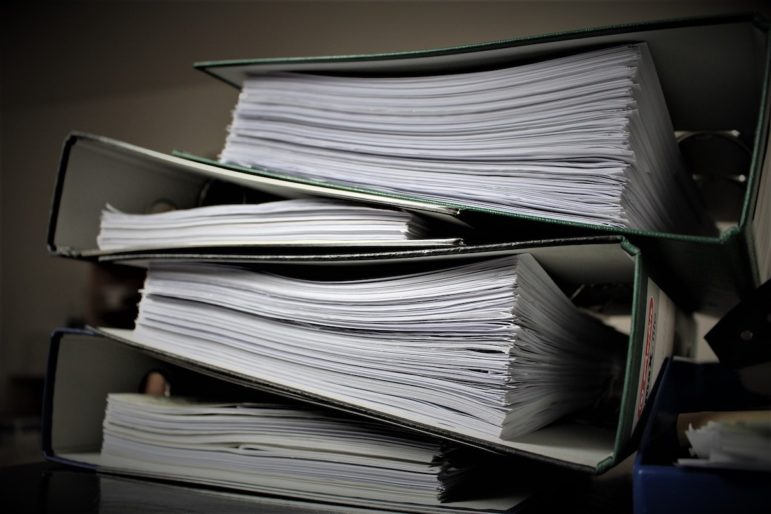
Governments around the world, some which have sent workers home, are announcing interruptions in responding to freedom of information requests. Journalists are being told to expect delays in more than a dozen countries. But press freedom advocates warn that countries are taking big steps backward just when the free flow of information is most needed. GIJN’s Toby McIntosh rounds up some of the nations which have been affected.

For our series about journalists’ favorite tools, we spoke with veteran American investigative reporter Ron Nixon. Now the global investigations editor for The Associated Press, Nixon shared the most important tools he uses for research, secure communications, and data analysis on many of his groundbreaking investigations.
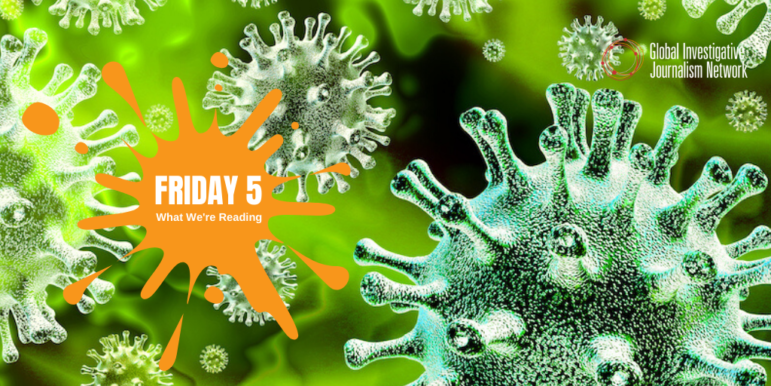
This week’s Friday 5, where we round up our favorite reads from around the online world in English, includes a report on the spike in crackdowns on journalists and media organizations reporting on COVID-19 , Transparency International’s suggestions for what to look out for with corruption and coronavirus, and a Citizen Lab report about how China manages social media censorship.
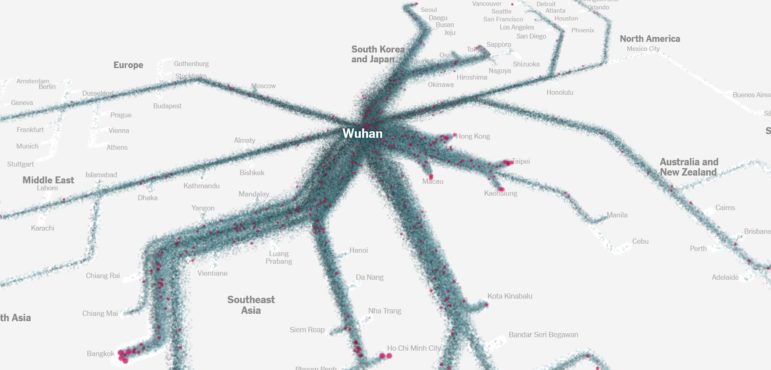
The attention of the global data journalism community remains very much tuned in to the developing COVID-19 pandemic, which is reflected in our NodeXL #ddj mapping from March 16 to 22. The New York Times mapped the movements of millions of people to trace how the virus spread out from China, The Financial Times tracked how coronavirus case trajectories compare among countries, while Robert Kosara explains the brilliance of a “Flatten the Curve” cartoon.
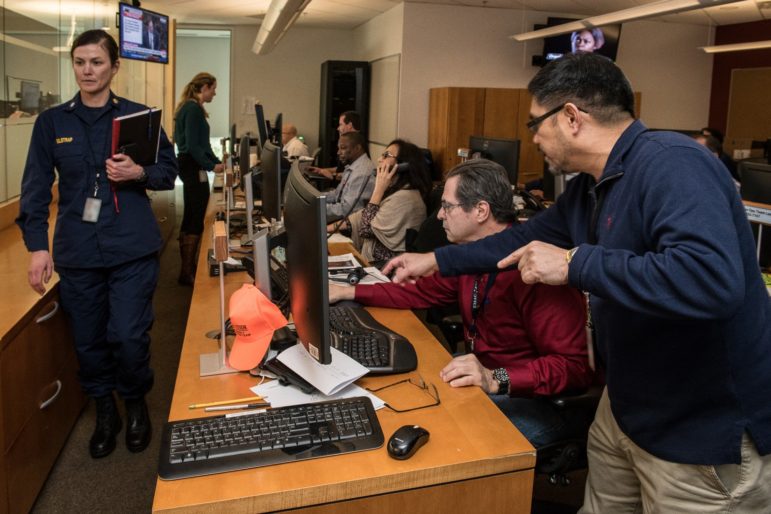
Journalists around the world are investigating many angles of the coronavirus pandemic. GIJN has collected some of the best reporting to date, hoping these 50 examples from 17 countries will inspire even more investigative journalism.
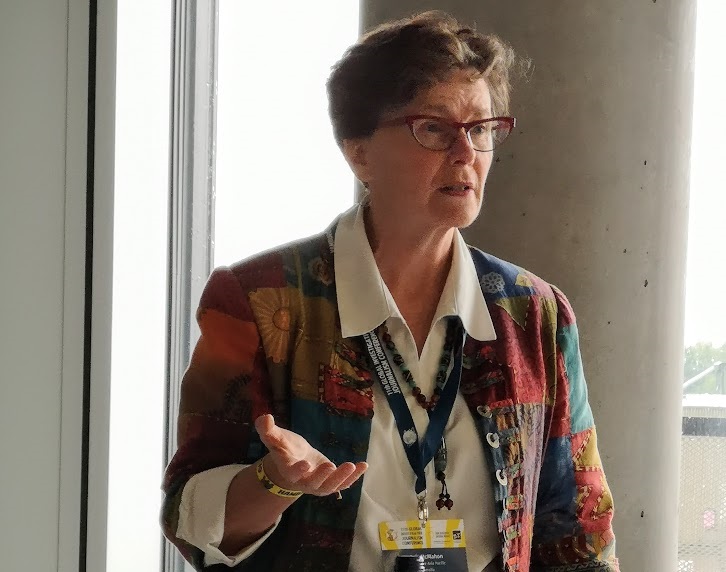
Journalists are not immune to the impact of trauma when reporting on disasters and tragedies. One of the world’s leading psychologists in the field of journalism and trauma, Cait McMahon, outlines strategies journalists can use to prepare for, work on, and recover from investigations into traumatic events.